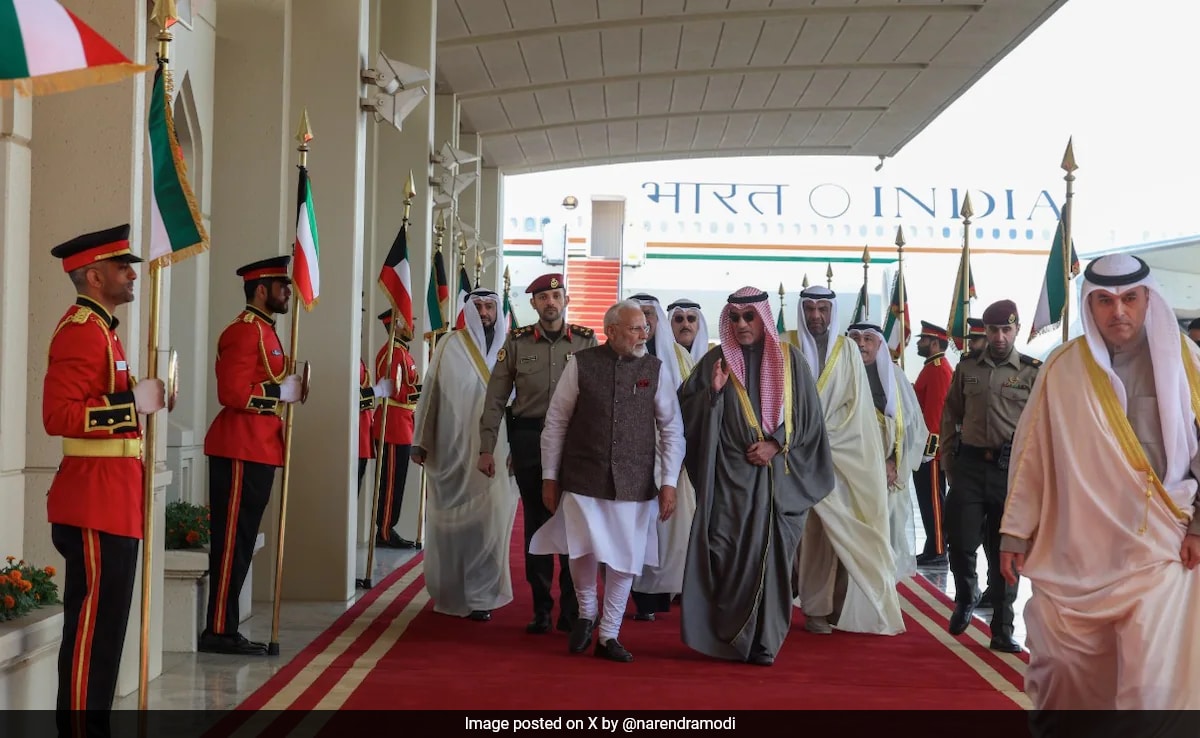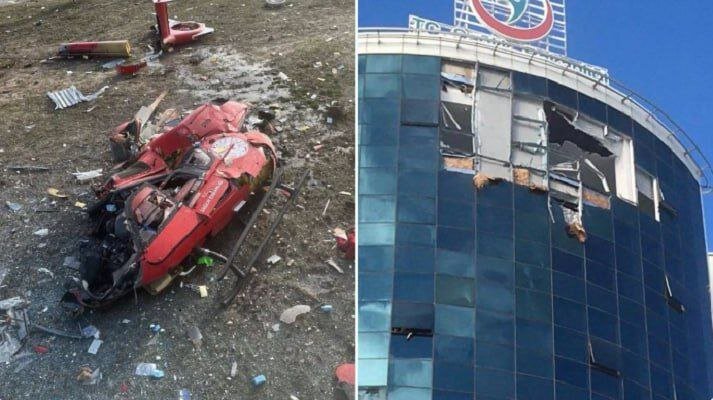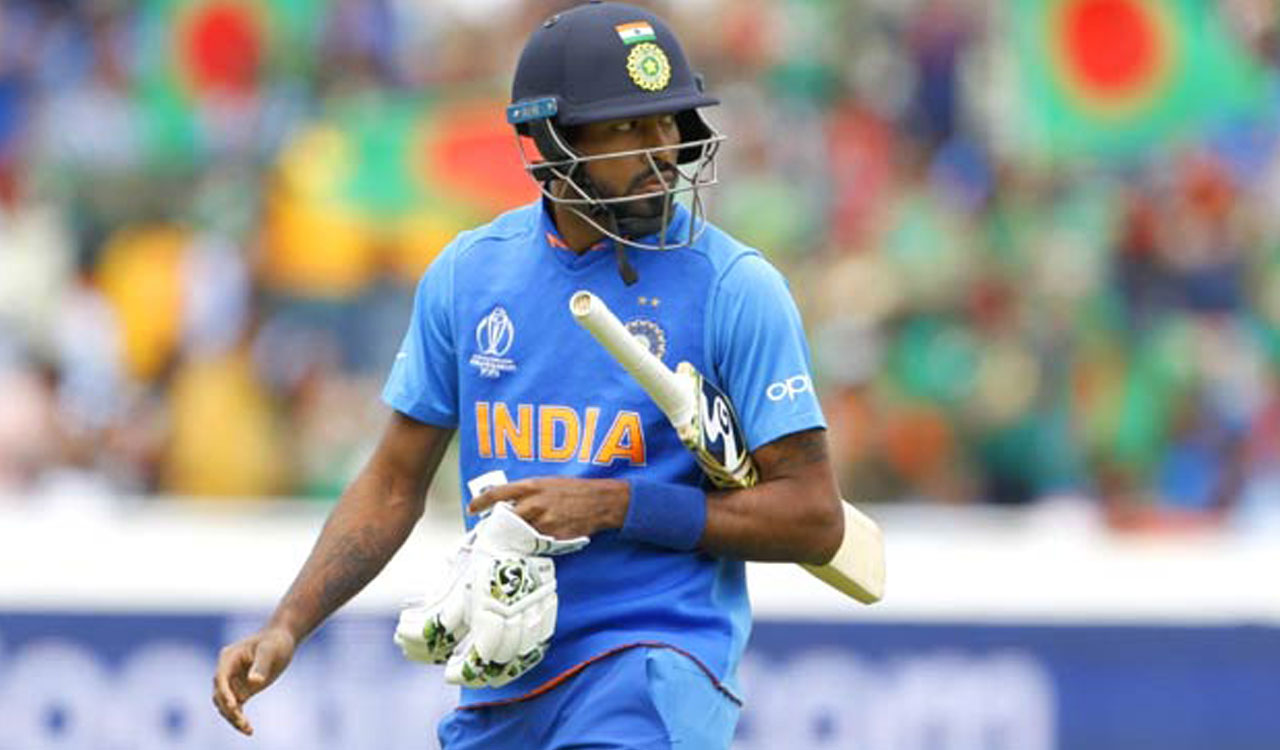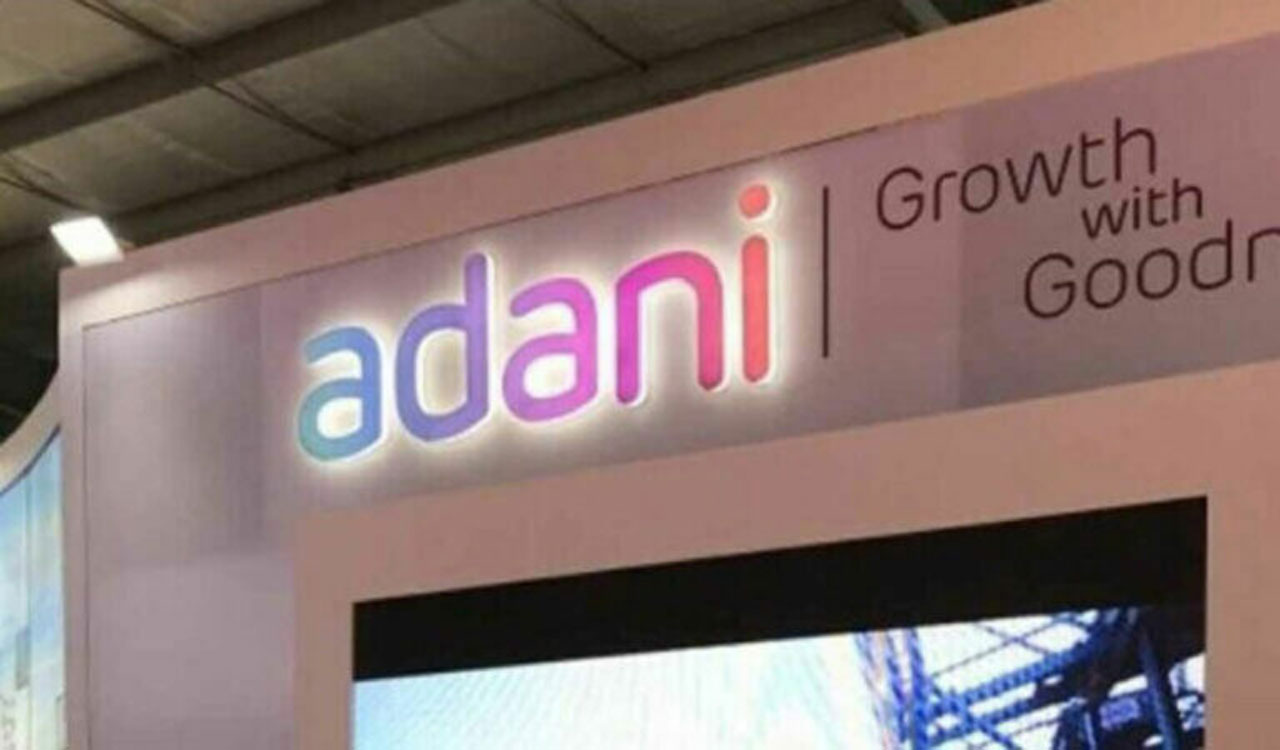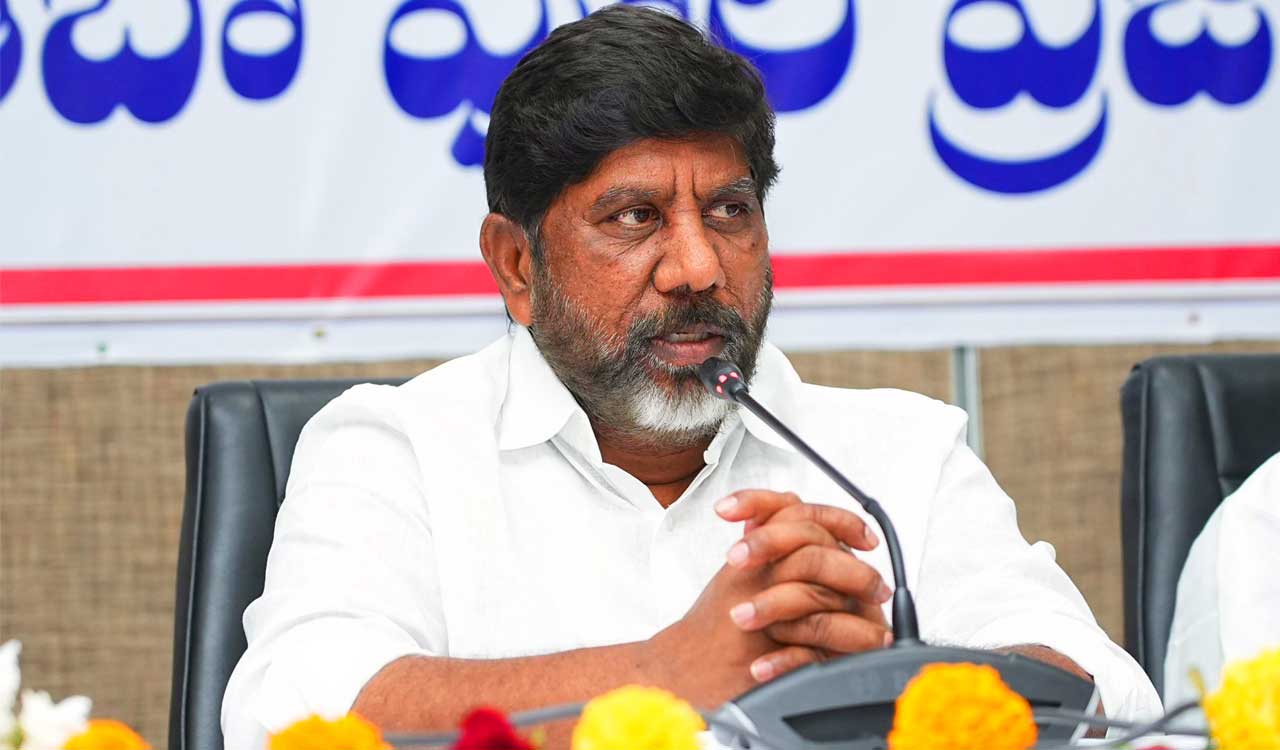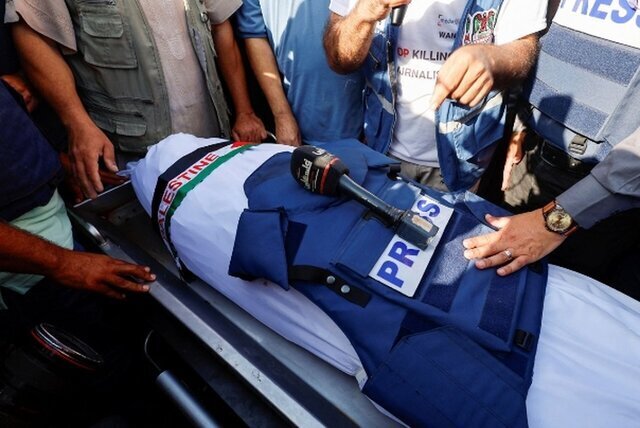Kuwait City:
Prime Minister Narendra Modi underscored India’s historical and cultural ties with the Gulf region, and the significant contributions of the Indian diaspora in the Gulf nation. Highlighting India’s soft power, he emphasised its civilisational ethos, cultural influence through cinema and cuisine, and its tourism sector.
In an interview with Kuwait News Agency (KUNA) on Saturday, PM Modi also reaffirmed India’s role in addressing global challenges such as climate change, food and energy security and advocating for the Global South.
PM Modi was on a two-day visit to the Gulf nation of Kuwait at the invitation of Sheikh Meshal Al-Ahmad Al-Jaber Al-Sabah, the Emir of the State of Kuwait. This was the first visit by an Indian Prime Minister to Kuwait in 43 years.
Responding to a question about how India’s soft power can influence its global outreach, PM Modi said India’s civilisational ethos and heritage form the foundation of its soft power, KUNA reported. PM Modi further asserted that India’s soft power has grown significantly alongside its expanding global presence, particularly over the last decade.
“In Kuwait and the Gulf, Indian movies stand out as a prime example of this cultural connection. We have seen that people in Kuwait have a special liking for Indian cinema. I am told that there are three weekly shows on Kuwait Television on Indian movies and actors,” he said.
“Similarly, we share several attributes in our cuisine and culinary traditions. Centuries of people-to-people contact have also resulted in linguistic similarities and shared vocabulary. India’s diversity and emphasis on peace, tolerance and coexistence resonate with the values of Kuwait’s multicultural society. Recently, a Kuwaiti scholar translated Ramayana and Mahabharata in Arabic,” PM Modi added.
Speaking about the tourism sector, PM Modi said, “India’s tourism sector offers another dimension of soft power. With 43 UNESCO World Heritage sites, coupled with ongoing efforts to enhance visitor facilities, India provides a unique blend of history, culture, and natural beauty.”
“For a society like Kuwait, with which India shares a rich historical connection, India’s tourism opportunities are an invitation to explore and deepen the shared cultural ties,” he added.
He added that Indians in Kuwait have contributed immensely to the development of the country as doctors, businessmen, construction workers, engineers, nurses and other professionals.
“As we elevate the level of our relationship with Kuwait to a strategic partnership, I believe the role of the Indian community will only grow in importance. I am confident that Kuwaiti authorities recognise the immense contributions of this vibrant community and will continue to provide encouragement and support,” PM Modi added.
Asked about Kuwaiti-Indian energy relations, PM Modi said that energy is an important pillar of the bilateral partnership, estimating that last year, trade exchange crossed USD 10 billion, which reflects the deep trust and mutual benefit underpinning this partnership, KUNA reported.
“Both nations have consistently ranked among the top 10 trading partners in the energy sector. Indian companies actively engage in importing crude oil, LPG, and petroleum products from Kuwait while also exporting petroleum products to Kuwait. Currently, Kuwait stands as India’s 6th largest crude supplier and 4th largest LPG supplier,” PM Modi said.
He added, “In addition to conventional hydrocarbon trade, there exist a plethora of new areas for cooperation, including an entire value chain of oil and gas, as well as joint efforts in low-carbon solutions such as green hydrogen, biofuels, and carbon capture technologies.”
On being asked about India’s global role as a voice of the Global South, PM Modi stated, “India is privileged to speak for the Global South. We share much in common with our fellow developing countries – from history to the aspirations of our people. We therefore not only understand but feel their concerns. The ongoing conflicts and the resultant challenges of food, fuel and fertiliser have hit the global south hard. They are also disproportionately bearing the brunt of climate change
He hailed his country as a reliable development partner for the global south, a first responder in times of crises for them and for others, a leader on climate action and a champion of inclusive growth and development.”
He added, “We gave voice to the concerns of developing countries when we assumed the Presidency of the G20. We hosted three Voice of the Global South Summits to amplify and act on the pressing needs of people. We were honoured that the African Union became a permanent member of the G20 at the New Delhi Summit. This was a historic achievement for the Global South, and a proud moment for us.”
Regarding regional and global conflicts, involving Gaza and Ukraine, PM Modi emphasised that solutions cannot be found on the battlefield, stressing the importance of sincere and practical engagement between stakeholders for bridging differences and achieving negotiated settlements, KUNA reported.
He highlighted that India recently provided 70 tons of humanitarian aid and nearly 65 tons of medicines to Gaza, along with contributing USD 10 million to UNRWA over the past two years.
PM Modi reaffirmed India’s commitment to a negotiated two-state solution aimed at establishing a sovereign, independent, and viable Palestinian state with secure and recognised borders.
On environmental sustainability initiatives, PM Modi said, “We are facing several challenges, but none more pressing than climate change. Our planet is under stress. We need urgent collective action and one that involves the entire global community. No one can do it alone. We must come together. India wants to lead and bring all countries together to foster pro-planet action. This is the idea behind our championing various green global initiatives.”
He also regarded the India-led green initiatives as platforms for all nations to collectively address climate change, promote environmental sustainability, build disaster-resilient infrastructure, and drive the global transition towards clean energy, KUNA reported.
PM Modi also attended the opening ceremony of the 26th Arabian Gulf Cup in Kuwait on Saturday as the ‘Guest of Honour’ of Amir Sheikh Meshal Al-Ahmad Al-Jaber Al-Sabah.
Emir of Kuwait and Sheikh Sabah Al-Khaled Al-Sabah Al-Hamad Al-Mubarak Al-Sabah, Crown Prince of Kuwait received PM Modi at Bayan Palace on Sunday and was accorded a ceremonial welcome.
PM Modi expressed his deep appreciation to Al-Ahmad Al-Jaber Al-Sabah for conferring on him the highest award of the State of Kuwait ‘The Order of Mubarak Al Kabeer.’ The leaders exchanged views on bilateral, global, regional and multilateral issues of mutual interest.
The two sides also recalled the centuries-old historical ties rooted in shared history and cultural affinities. They noted with satisfaction the regular interactions at various levels which have helped in generating and sustaining the momentum in the multifaceted bilateral cooperation. Both sides emphasised sustaining the recent momentum in high-level exchanges through regular bilateral exchanges at Ministerial and senior-official levels.
(Except for the headline, this story has not been edited by NDTV staff and is published from a syndicated feed.)



